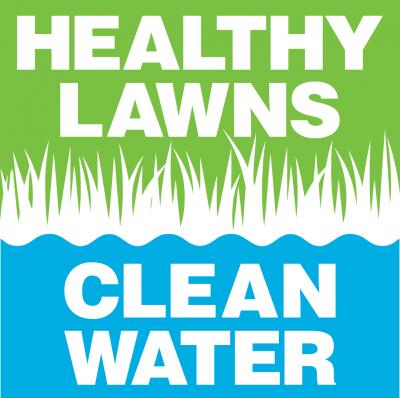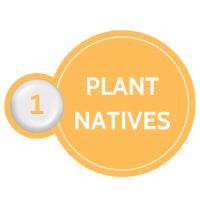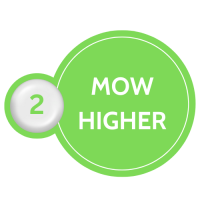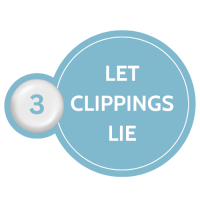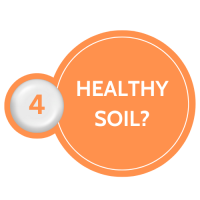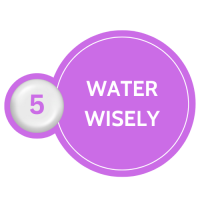Exeter's Healthy Lawns - Clean Water Initiative
What We Put On Our Lawns Matter
Whether it is a local wetland, stream, river, or Great Bay, what we do on our property matters. During storm events, chemicals and dirt can be delivered to these water resources through urban runoff or via the storm drain network. As a result, many of our rivers do not meet the State's water quality standards. The health of Great Bay, the water body that the Squamscott River drains to, also shows evidence of receiving too much nitrogen.
To encourage change, the Town of Exeter created this Healthy Lawns Clean Water educational program. This program provides simple ways you can make a difference! The program overview linked below is your one stop shop for some things you can do to improve water quality.
Here are some more ways you can take it a step further!
Follow Fertilizer Regulations
As one of the largest sources of non-point source nitrogen in Great Bay, fertilizer management is a priority for the Town of Exeter.
In 2009, Exeter voters passed a wetlands ordinance that prohibits the use of fertilizer in our wetland buffers. In 2019, through a zoning amendment that limits fertilizer use in our shoreland protection district and our aquifer protection districts.
Before you apply fertilizer or hire lawn care assistance, please review the zoning ordinance regulations found at the Planning and Sustainabilty Page at: https://www.exeternh.gov/planning-sustainability
Contact the Exeter Planning and Sustainability Department with any questions.
Take the Pledge for Cleaner Water
Are you committed to making a change? Take the pledge Healthy Lawns Clean Water. The voluntary pledge demonstrates you are taking steps to reduce fertilizer use, conserve water, reduce irrigation, and opting for native plants that can withstand drought, heat, and soil. If you make the pledge, you can proudly display a yard sign in your yard to demonstrate to your neighbors that you are supporting healthy lawns for clean water.
Please Take the Pledge.
Scoop the Poop!
Do you have a dog? How you care for their waste is important.
Dog diets are more similar to human diets than to those of wild animals, meaning that leaving your dog’s waste out on the street, in the park, or even in your yard is just like leaving raw sewage out in public. When your pup poops, you scoop! Then toss it in the trash or one of our many pet waste stations.
To find a nearby station and learn more visit: https://www.exeternh.gov/cc/think-blue-pet-waste

